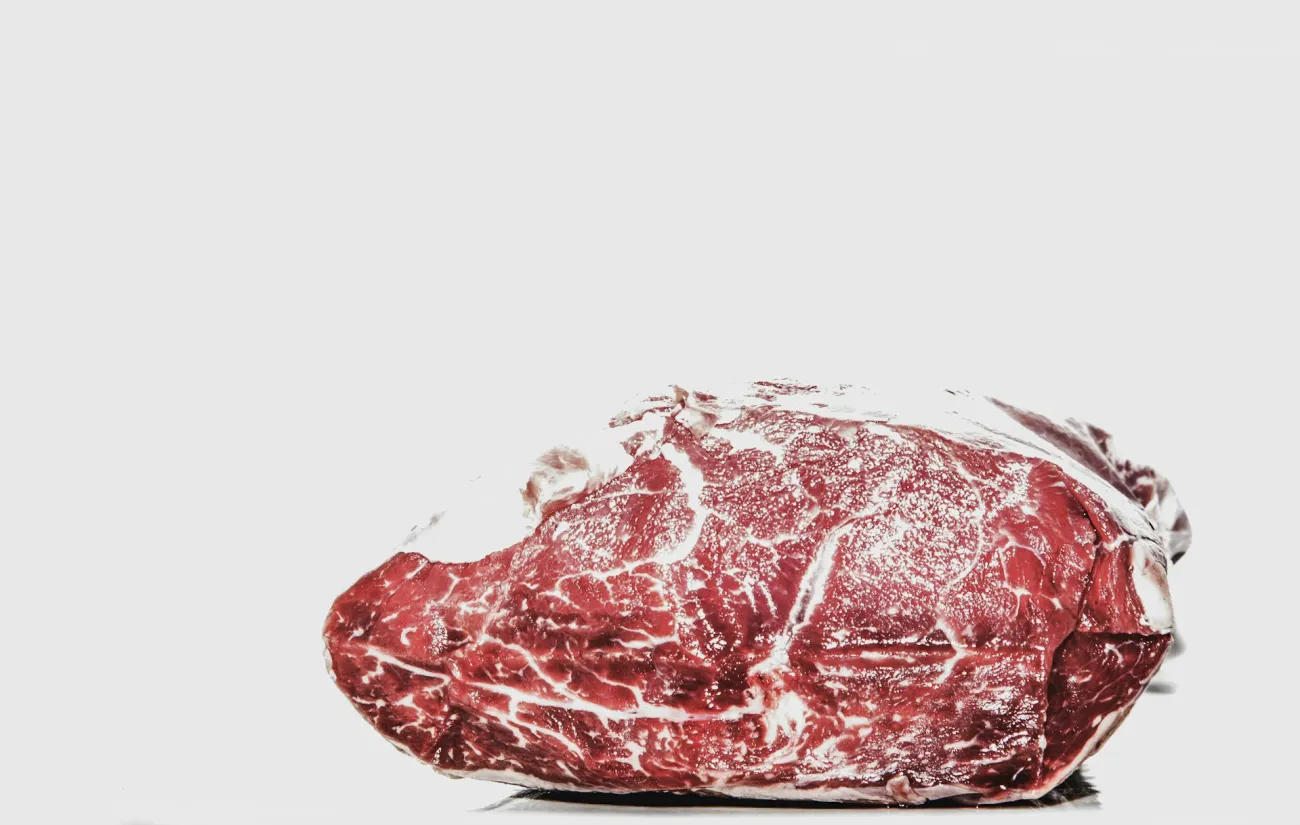In a paper in PLOS One, researcher Gregory Okin suggests that the diets of carnivorous pets, like cats and dogs, have a significant impact on climate change. He estimates that in the U.S. alone, cats and dogs are responsible for 25-30 percent of the environmental impact of meat consumption in the country. In the U.S. there are 163 million cats and dogs, which together eat as much food as all the people in France. Okin found that to feed these animals the US releases 64 million tons of CO2.

Okin suggests that not giving pets high quality meats could make a significant change to greenhouse gas emissions. Pet owners’ desire to treat their pets means that they give them choice pieces of meat, rather than feeding them animals parts that would otherwise be wasted. Dogs can metabolise most cuts of meat, unlike humans. By his estimates, if a quarter of the meat used in pet food was eaten by humans, this would equal the meat eaten by about 26 million Americans. Although the study focuses on the U.S., the problem is worsening worldwide as countries develop and pet owners in growing economies want to treat their animals better.
Another alternative suggested by the paper is getting a rabbit or parrot, which is vegetarian, rather than a cat or dog.
The original paper can be found here (open access). For more coverage on this story, read: Washington Post, Popular Science, Science Alert and Science Daily
This 2007 FCRN report on livestock emissions (pdf) discusses pet food and their implications in section 5.3 (p. 108 onwards).




Comments (0)